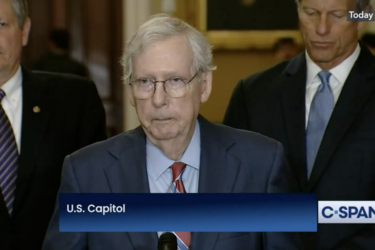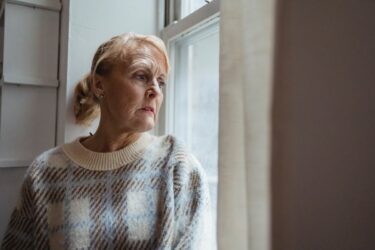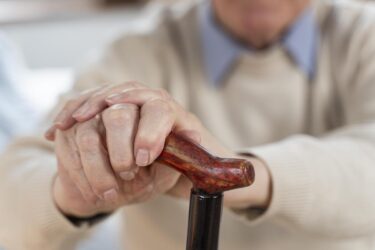
As the residents of Moore, Okla., begin the cleanup and recovery process from the super-tornado that destroyed the town and claimed at least two dozen lives, the physical and mental health of the older population requires special handling. This is especially true for those over age 75 and the frail elderly, who are considered vulnerable and high-risk populations, according to the Substance Abuse and Mental Health Administration (SAMHSA).
Many older adults suffer from multiple chronic conditions – including diabetes, heart disease, arthritis, and dementia – and juggle multiple medications. Access to prescriptions may suddenly be cut off when someone is moved to a shelter or temporary housing. Adherence becomes an issue. Missing medical records, lack of a person’s ability to recall all prescribed medications, delays in refilling prescriptions, and stress contribute to compliance challenges.
Other physical and environmental conditions, ranging from struggles with activities of daily living (ADLs) and instrumental activities of daily living (IADLs), to poor sensory perception, to loss of electricity and water, add to an increased sense of vulnerability, according to researchers. Temporary living conditions may exacerbate these conditions – appetite may be affected and access to some foods may be limited, which impact chronic disease management. Sleep is disrupted, mental and emotional stresses take a toll on the body and mind.
The Geriatric Mental Health Foundation advises that mental health support is as vital as meeting physical needs. Even before disaster occurs, mental issues need attention. Diminished cognitive capacity makes it more difficult for some elderly people to understand and follow instructions. Decision-making skills may be in decline. Language, cultural, educational, and socio-economic barriers can increase confusion and misunderstanding. According to FEMA, it’s not uncommon for elderly survivors of natural disasters to be withdrawn, confused, anxious, or depressed. Anger, grief, insomnia, and even thoughts of suicide may also manifest among this population post-disaster.
The American Red Cross teaches psychological first aid to many relief workers to assist in minimizing stress and improving coping skills. While that may provide short-term help, mental health issues linger for years following a natural disaster. Post-traumatic stress disorder is not uncommon among older adults in these situations. Ongoing counseling is necessary, yet access may be a real problem. One solution is telephone counseling, like the national Disaster Distress Helpline, established by the Mental Health Association of New York City and SAMHSA following Hurricane Katrina. It’s a permanent, free, 24/7 line that provides confidential disaster crisis counseling in several languages.
Ironically, this is Older Americans Mental Health Awareness Week. There are many possible tie-ins for reporters to cover:
- What is the availability of services in your community to address the mental health needs of older adults in general and/or during a disaster?
- Signs and symptoms of mental illness in older adults – and why they are often mistaken for “normal” signs of aging
- Help for caregivers of older adults with mental illness – things they should know
- Obtain a copy of the state, county, or city health department’s disaster preparedness plan; see whether physical and mental health needs of older adults are addressed in detail, including pre, during, and post event.
- Check with local teaching hospitals on whether any studies or reviews on PTSD and seniors are underway. This may be especially useful in areas hit by other large-scale disasters, including hurricanes, earthquakes, smaller-scale tornadoes.









